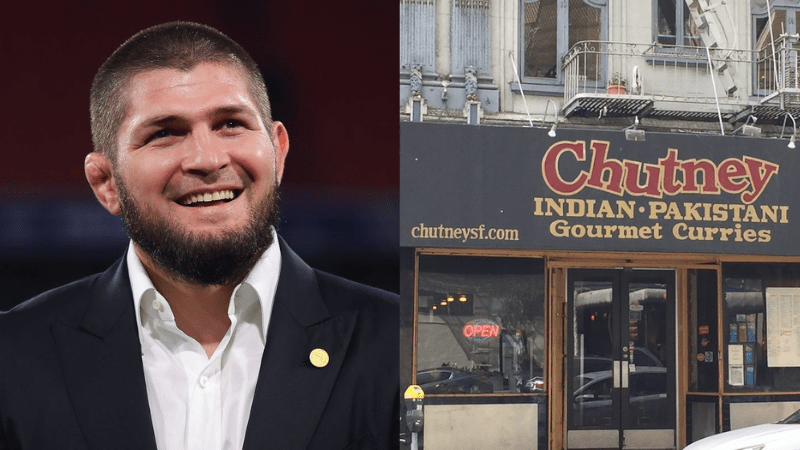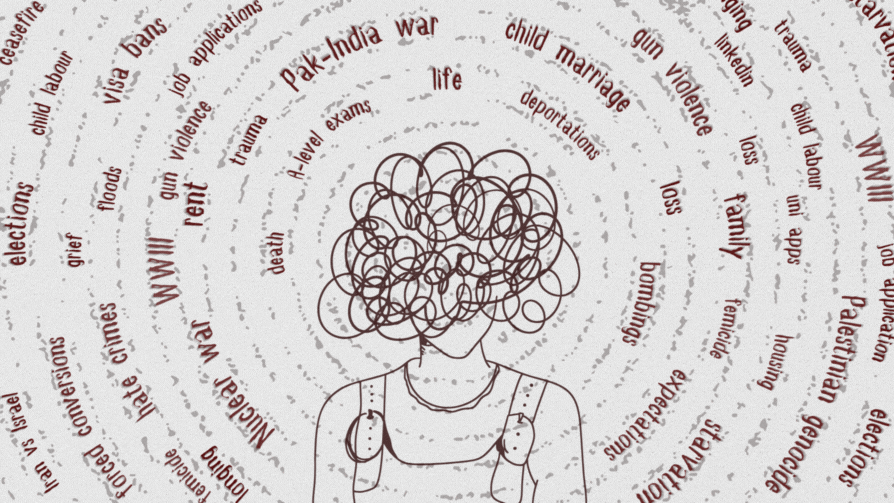Cornell University cancels Kehlani’s performance over singer’s ‘anti-Israel sentiments’
Cornell University cancelled American singer Kehlani’s performance because of her pro-Palestine views, with the varsity’s president confirming the decision was due to her “antisemitic, anti-Israel sentiments.”
Kehlani Ashley Parrish, known mononymously as Kehlani, was due to perform at Slope Day, an annual Cornell tradition that celebrates the end of the academic year, Variety reported.
In a statement issued on Wednesday, Cornell’s president Michael I. Kotlikoff wrote: “In the days since Kehlani was announced, I have heard grave concerns from our community that many are angry, hurt, and confused that Slope Day would feature a performer who has espoused antisemitic, anti-Israel sentiments in performances, videos, and on social media. While any artist has the right in our country to express hateful views, Slope Day is about uniting our community, not dividing it.”
Kotlikoff noted that his decision will be celebrated by some and criticised by others. “I believe it is the right thing to do and the decision I must make to ensure community and safety at this high-profile event that reaches the entire campus,” he added.
The varsity’s president stated, “Going forward, we will work together to revise the process for researching and selecting performers for this important annual event.”
Kotlikoff concluded his statement by saying that Cornell was an institution where “any person can find instruction in any study,” and “where every person should feel included at the signature social event of the year.”
Kehlani has remained vocal in her support for Palestine through her social media and music. In June 2024, the singer released a pro-Palestine song titled ‘Next 2 U,’ making a powerful statement as many musicians choose to remain silent amid Israel’s assault on Gaza.
The music video featured Kehlani and a group of dancers donning keffiyehs and dancing in front of Palestinian flags — a show of solidarity for the Palestinian cause. The song’s lyrics, originally about a lover, were repurposed into a declaration of defence.
Later, the singer revealed she received backlash after releasing the music video. During an interview with The Breakfast Club, Kehlani said she faced no issues from her record label but received pushback and loss on things that were promised to her with the release of her new album Crash.
“Magazines, brand deals and opportunities that [I] was sad to lose, but at the end of the day I don’t regret [losing out, because] I can go to sleep at night,” she said, emphasising that she understood the role of art in liberation and what it meant to not remain silent.
Kehlani added that she knew what it meant to have a platform and the responsibility that came with it.















Comments